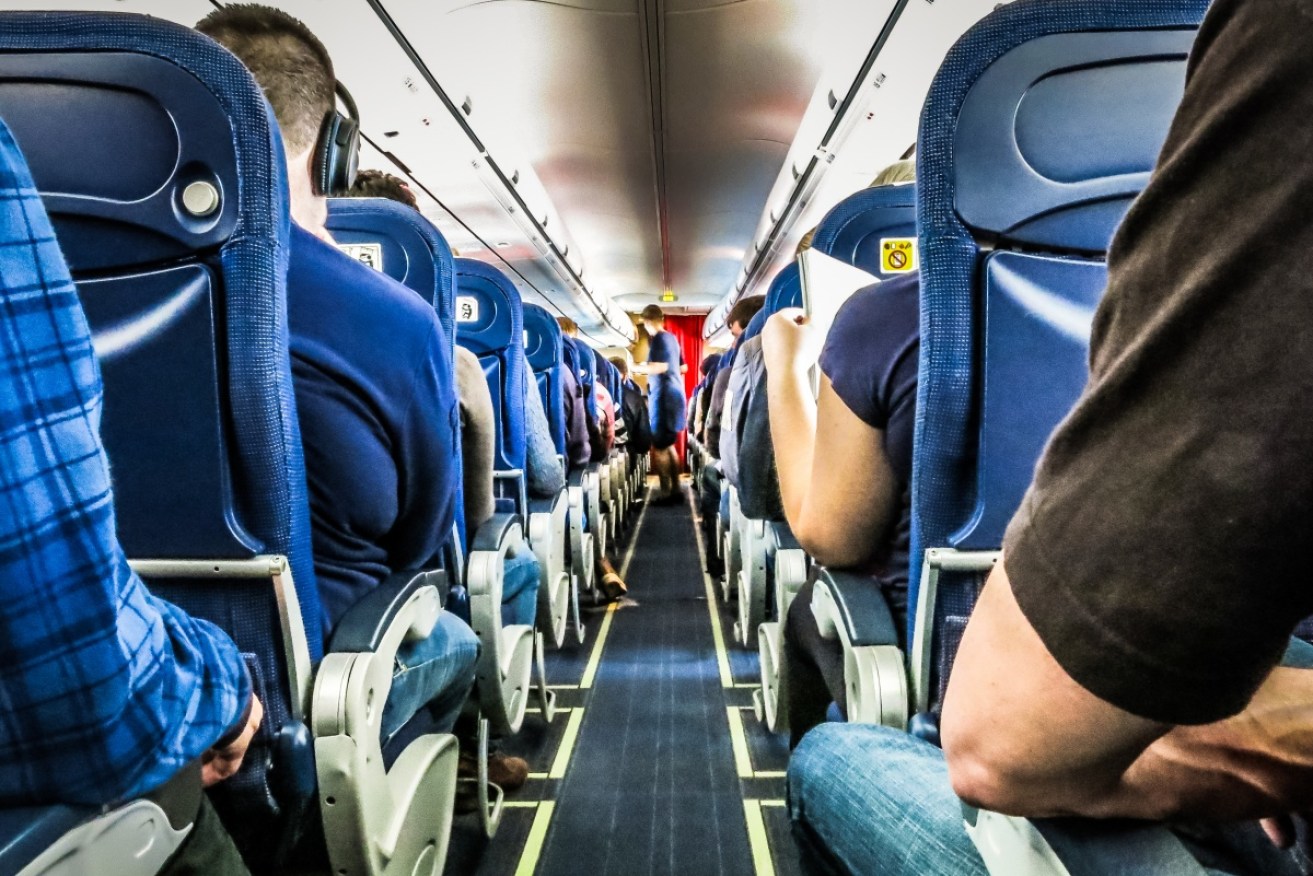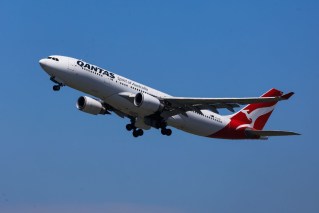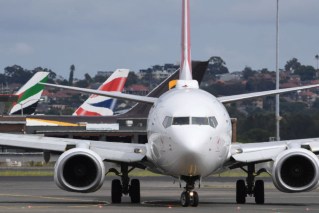Aerotoxic syndrome: frequent flyers at risk from ‘asbestos of the sky’


Engine fumes can seep inside aeroplane cabins, causing damaging long-term health effects. Photo: Getty
Those symptoms after a long-haul flight might not be jet lag, but something more sinister, according to a study recently published by the World Health Organisation.
The study confirms a link between chemical contaminants in aeroplane cabin air and chronic and acute health problems.
While airline crew are most exposed to the risks, it’s a health hazard and flight safety issue potentially affecting anyone onboard.
The air you’re breathing in-flight is ‘bled’ into the cabin via the engine compressor, explains the study’s head researcher, Dr Susan Michaelis.
It’s a system liable to infiltration from engine oil vapours containing harmful chemicals including tricresyl phosphate, an organophosphate known to damage the nervous system.
Organophosphates were originally produced to kill in nerve gases and pesticides.
The 2017 study by Dr Michaelis, a global authority on the subject, analysed data from British Airways pilots and 15 cabin-air incidents across Australia, Germany, the UK and USA.
Dr Michaelis found symptoms reported by aircrew and passengers primarily affect the neurological and respiratory systems and include exhaustion, breathing issues, disorientation, headaches, tremors, vision problems, paralysis and vomiting.
First described in 2000, and dubbed the “asbestos of the sky,” aerotoxic syndrome has been the focus of aviation investigations, parliamentary enquiries, documentaries, lawsuits by the public and aircrew, and deaths.
In 2010, an Australian flight attendant, Joanne Turner, became the first person in the world to win a civil case against the airlines for health impacts from breathing cabin air.
Former British Airways Cabin Service Director, 59-year-old Dee Passon is among affected crew who have led the battle to expose the issue. Passon co-founded Toxic Free Airlines in 2008.
Her health first started declining in 1996 after she was called to work on a flight where the previous crew had all been taken to hospital with breathing difficulties.
“The first time alarm bells began to ring about my occupation was when I was greeted by the oncologist at the Royal Marsden Hospital in Sutton,” Ms Passon recalled. “He told me, ‘You are my eighth lady from British Airways this week’.”

A former crew member claims 32 British Airways flight staff died in a 34-month period. Photo: Getty
Ms Passon began compiling a list of crew who’d passed away.
“I found there had been at least 32 deaths in 34 months.”
After sending her list to a British Airways doctor, Ms Passon’s employment was terminated.
Diagnosed with aerotoxic syndrome in 2009, Ms Passon has obstructed lungs, cardiac dysfunction, osteopenia of the spine, chronic fatigue syndrome, multiple chemical sensitivity, underactive thyroid and severe nervous system damage.
“Why did it take me so long to realise it was flying making me ill? Because I believed the air I breathed on board the aircraft was filtered; I believed my health and safety at work was protected by law.”
“This issue affects everyone who flies,” Ms Passon says.
She encourages the public to report fume events and wear a face mask when flying.
The New Daily has seen medical evidence to support Ms Passon’s claims.
A former Australian pilot, who wished to remain anonymous, also attributed his health issues to exposure to deadly chemicals he accumulated over 30 years in the industry.
“All those years I’d been putting it down to jet lag,” he said.
The ex-pilot said he realised his flying career was over when he experienced partial paralysis during a flight.
“There’s an alternative system they can use,” he said, adding: “This issue is totally preventable. Thousands of people are being poisoned that don’t need to be.”
The newest addition to the Boeing 787 fleet, the Dreamliner, uses electrical compressors to pump air into the cabin from a separate source away from the engines.








